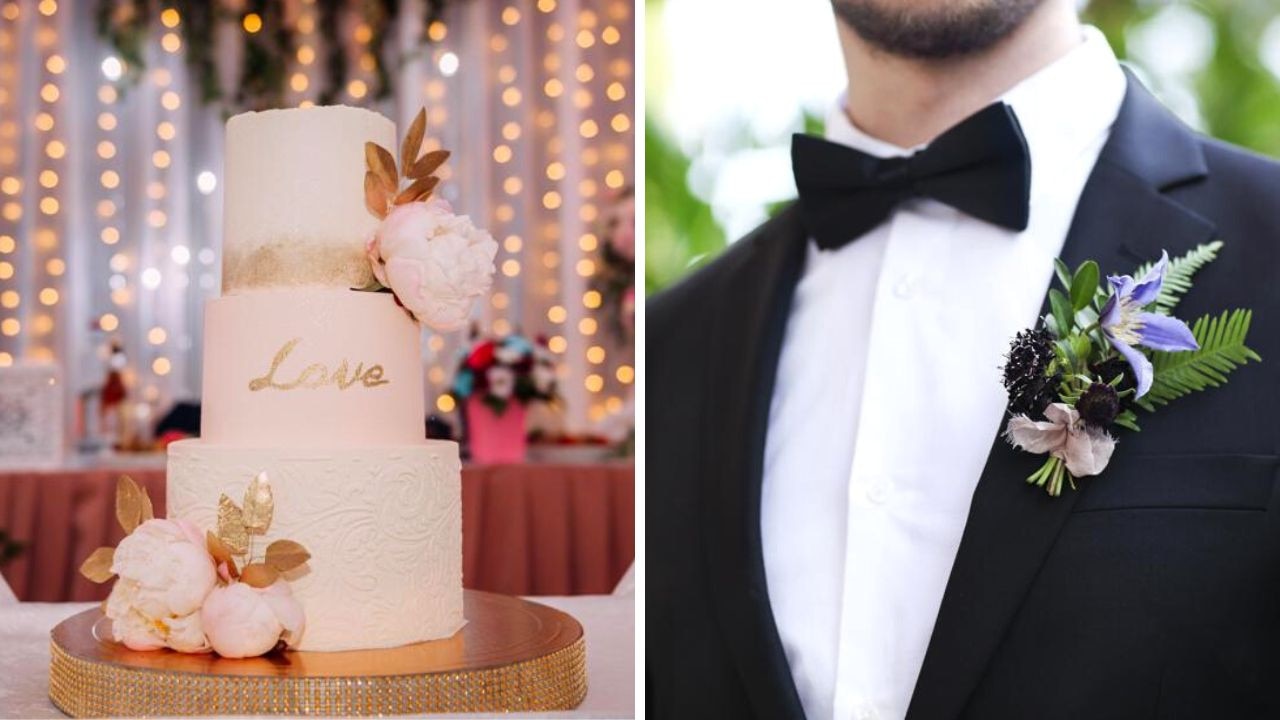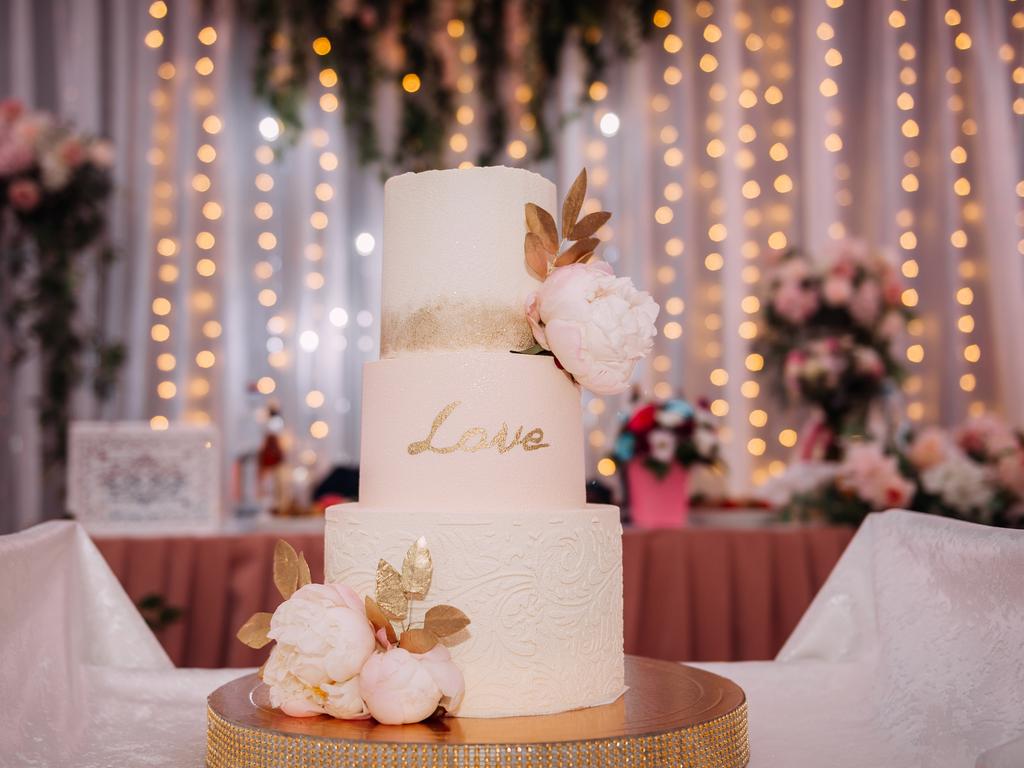Bride-to-be reveal’s fiance’s $60,000 wedding blow out
A bride-to-be is begging for help after her fiance backflipped on their small wedding plan, inviting more than 100 guests and blowing their budget.

Welcome to Relationship Rehab, news.com.au’s weekly column solving all your romantic problems, no holds barred. This week, our resident sexologist Isiah McKimmie helps a woman who feels pressured into having a big wedding.
QUESTION: I’m getting married at the end of the year and originally, my fiance and I planned a small, intimate wedding – but now the guest list has blown out to more than 100 (most of the guests will be on my partner’s side) and it’s getting more and more elaborate (at his insistence). We’re also now looking at a bill of at least $60,000 – more than double what we wanted at first. I’ve tried to tell him I don’t feel comfortable with a big, fancy wedding but it’s falling on deaf ears. How can I push back?
ANSWER: Wedding planning is a stressful time – you not only have you and your partner’s dreams and expectations to manage, but those of extended family and friends. Add to that the huge practicalities you have to organise within a deadline, it often brings out underlying differences between couples.

Focus on your marriage, not just your wedding
Australians spend a combined $4 billion getting married each year, but with 50 per cent of marriages ending in separation, it’s estimated that divorce costs the Australian economy $14 billion each year.
The fact you’re asking how you can “push back” is an indication that there are deeper challenges in your relationship.
You don’t want your relationship to become a matter of constantly pushing each other to get what you want. Ultimately, this will leave you both struggling to have your needs met and will create disconnection between you.
I’m concerned that unless you address these underlying issues, your marriage will struggle long term.
As a Couples Therapist, rather than helping couples solve their immediate arguments, I’m more interested in providing couples with the tools to manage issues between themselves. That way you don’t become dependent on a therapist and can have confidence that your relationship can handle challenges you may face in the future.
Here is what I would be encouraging you to do as a therapist if I were guiding you.

Have a conversation with your fiance
You need to have a conversation about the wedding size and cost, but also how you communicate and make decisions together.
As always, aim to do this without blame and criticism. Blame and criticism (even subtle) tend to lead to the other person becoming defensive or shutting down.
Learn to listen to each other
Sharing our perspective is only half of communication. For a successful relationship, we also need to try to understand our partner’s perspective – even if we don’t agree.
Learn to ‘accept influence’
In his almost 50 years of research on what makes relationships succeed or fail, Dr John Gottman found that ‘accepting influence’ is an important factor of happy relationships. Accepting influence is being willing to listen to and take on your partner’s perspective.
When men are unable to accept influence from their partner, their relationships have an 81 per cent chance of failing. He notes that this is also important for women, but that they already do this to a high degree.
Find ways to compromise and meet each other’s needs
When you can listen to each other and accept each other’s influence, you are then able to reach compromise. True compromise isn’t about both of you giving something up. Compromise is being able to get to the core of what is really important to both of you and meeting as many of both your needs as possible.

Consider getting professional support
It’s easy for me to tell you to take these steps, but being able to have a conversation effectively and then take action can be challenging. Most of us weren’t taught the skills required for happy, long term partnerships.
We unknowingly perpetuate unhelpful patterns learned from our family of origin. What is normal for us doesn’t always fit well with what is normal for a partner, who likely has a different communication style.
A well trained therapist can guide you through these difficult conversations while giving you skills to manage future issues on your own.
Isiah McKimmie is a Couples Therapist, Sexologist, Sex Therapist and Lecturer. To book a session with her, visit her website or follow her on Instagram for more advice on relationships, sex and intimacy.






